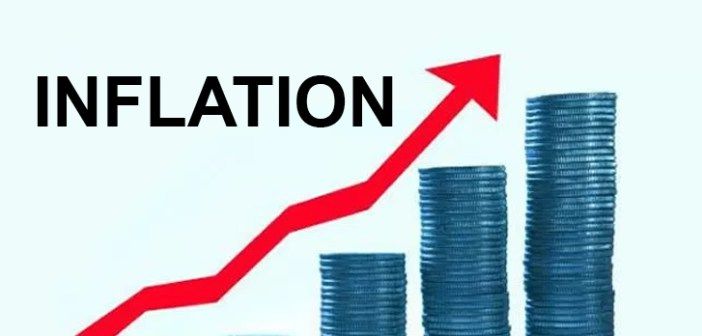Auditing and accounting firm, Deloitte Ghana says the government’s decision to reduce the benchmark discount policy from 50% (30% for vehicles) to 30% (10% for vehicles) in 2022 may have contributed to the rising inflation in the country.
It is therefore warning about the complete removal of the benchmark discount policy, saying, it will hike inflation.
"The policy has not achieved the expected outcomes and a decision to scrap it may not come as a surprise to many. Hence, a complete removal of the bench- mark policy is likely to result in an upward movement in the rate of inflation in 2023 as traders will seek to recover any additional cost by passing it down to final consumers”, it said in its review of the 2023 Budget.
The benchmark discount policy has been met with mixed reactions from importers on one side and local manufacturing industry on the other side. The government instituted the policy in 2019 with the aim of making the Ghanaian ports competitive and in the long run increase government’s revenue.
In November 2021, the government declared its intention to scrap the policy altogether but was met with stiff opposition from some trade associations in the country.
Specifically, the Minister of Finance, Ken Ofori-Atta indicated that the government in the 2023 fiscal year, will phase out of the benchmark discount policy.
But Deloitte urged the government to be cautious with its approach.
Implement ban on certain products in phases
The Minister hinted of government’s intention to revise the duty rates on products that can be produced sufficiently in Ghana.
President Akufo-Addo, in his address to the nation on October 30, 2022, also indicated that government intends to review the standards required for importing rice, poultry, vegetable oil, toothpicks, pasta, fruit juice, bottled water and ceramic tiles into Ghana.
Deloitte Ghana said “we therefore expect that the duty rate revision proposed in the 2023 Budget Statement might target the products indicated in the President’s address. Although the Budget Statement does not specifically mention what form the revision will take, we expect the government to increase the import duty rate on these products to discourage their importation.”
It however warned that “an increase in the rate will effectively increase the prices of such imported goods relative to the locally manufactured substitutes”.
It recommend that the government implements this policy in phases to allow for enough time for the country to build its capacity in the production of these products, adding, “an abrupt ban on the importation of these products could lead to shortage of the goods on the market where the country does not have the capacity to produce to meet its demand for the goods.
Again, it advised the government to assess the responsiveness of the consuming public to changes in the prices of the earmarked goods over time before rolling out the policy fully.
Latest Stories
-
Ashanti, Nelly are engaged and expecting a baby
8 mins -
New Ghana train on test run involved in accident
14 mins -
World Bank, AfDB partner to provide 300m African’s with electricity access
21 mins -
Ghana wins preliminary ruling in Cassius Mining’s $300m international arbitration
31 mins -
Ghana’s revenue-to-GDP ratio to exceed 17% within next six years, but expenditure to remain flat – IMF
37 mins -
Gborbu Wulomo didn’t marry Naa Okromo – Chieftaincy Minister
48 mins -
Oquaye Jr. says he’s undeterred by ‘propaganda’ twist to viral laundry video
57 mins -
Ghana’s debt-to-GDP ratio to tumble to 69.7% in 2029 – IMF
1 hour -
Interior Ministry imposes 4pm to 7am curfew on Sampa
1 hour -
Child marriage: Teenage girl to be released to her family – Gender Minister-designate
1 hour -
Naa Okromo is 15 years old, still a virgin and not married to Gborbu Wulomo – Government
2 hours -
GhIE condemns intervention by Ashanti Regional Minister in ECG Affairs; commends ECG GM for upholding regulatory standards
2 hours -
GPL: Asantehene tasks Asante Kotoko to do ‘better’ after crucial meeting
2 hours -
Why Sam Jonah can’t trust Ghanaian journos to cover Election 2024 professionally
2 hours -
Laryea Kingston takes over as Black Starlets head coach
3 hours

